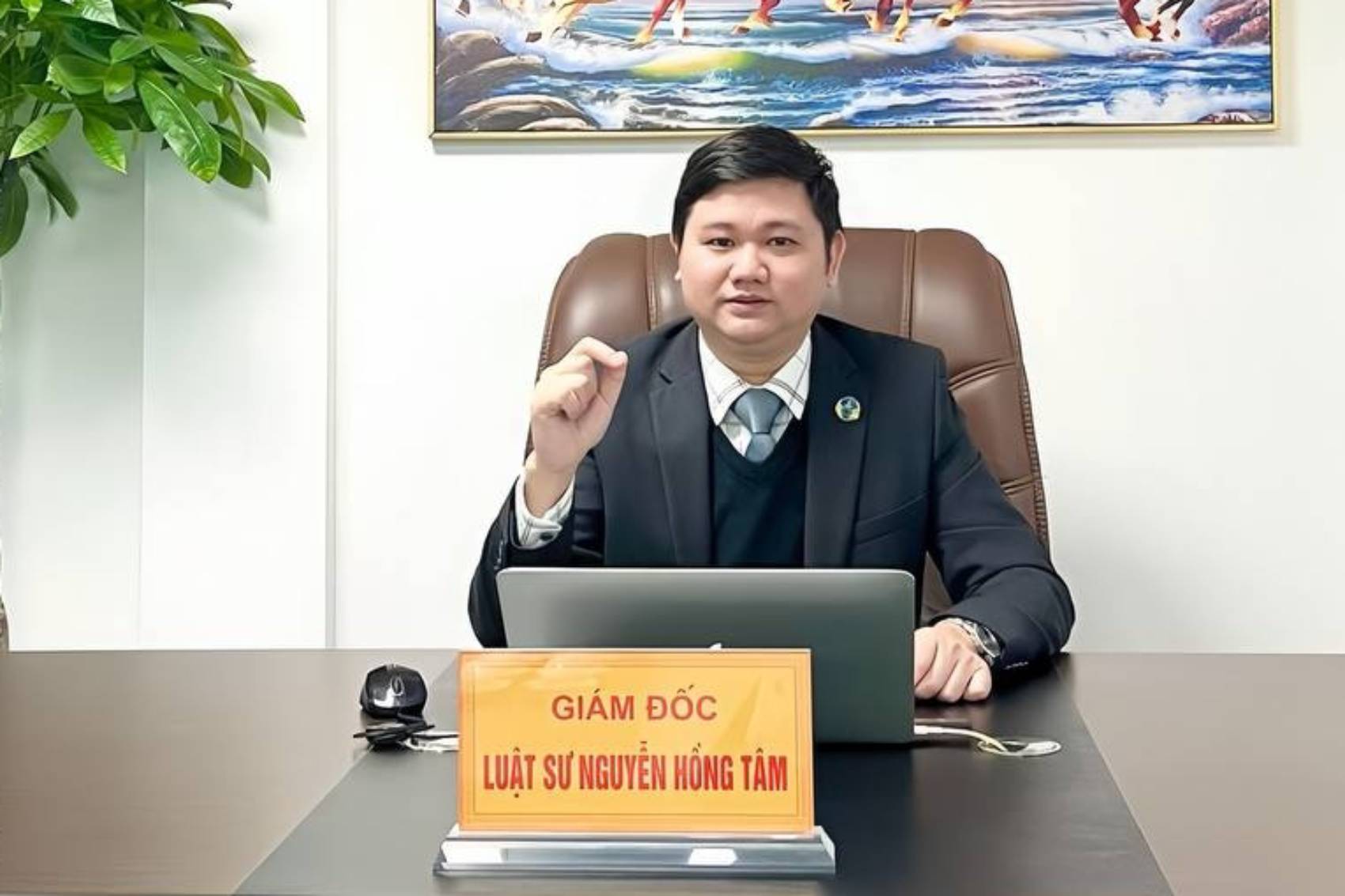The Hanoi People's Committee is studying a pilot un Notarized and certified real estate transaction as a Contract donated between individuals and individuals in a real estate project in the city. The purpose is to reform, reduce costs, and reduce the time to handle administrative procedures for the people.
Speaking with Lao Dong, Lawyer Nguyen Hong Tam - Director of Chi Cong & Thien Tam Law Firm - said that currently, notarization of transactions related to real estate in general and transactions donated to real estate in particular is a mandatory regulation (except in cases where one of the participants is an organization with the function of real estate business), according to the provisions of Article 27 of the 2024 Land Law and Chapter V of the 2024 Notarization Law.
According to Lawyer Tam, up to now, in society, people have often considered that any transaction related to real estate must be notarized or certified, such as a will, authorization, loan... Meanwhile, the law allows some types of documents that are not required to be notarized such as a handwritten will or property lease contract.
This mentality has led to many complicated procedures, which cost people time and money when conducting land transactions.

Lawyer Tam believes that, implementing the policy of reforming administrative procedures of the Party and the Government, the proposal to remove notarization for real estate donation transactions in projects is a correct policy. However, it is necessary to fully consider and evaluate factors to control and limit risks in civil transactions.
For example, currently, notarization and authentication of transactions are an important checkpoint to ensure that donation transactions take place in a transparent and legal manner, limiting the situation of forgery of signatures and fraudulent acts. In addition, notarization also helps ensure that participants in the transaction have sufficient civil act capacity, avoiding forced and deceived transactions.
According to Mr. Tam, if notarization is waived, people will have to bear legal risks if a dispute arises. Therefore, notarization of real estate donation transactions in projects should only be done when there is a mechanism to fully control and manage the above risks.
On the other hand, if this regulation is applied, it is necessary to review and adjust related legal documents to avoid conflicts and overlaps between regulations.
Lawyer Tam also emphasized that disputes in society are inevitable, especially for transactions related to real estate - a field with great asset value. Therefore, to limit disputes, it is necessary to go from the root cause to find fundamental and fundamental solutions.
Accordingly, it is necessary to raise people's legal awareness so that transaction participants understand and properly exercise their rights and obligations. In addition, it is necessary to strengthen inspection, supervision, and strictly handle violations if any, especially tax evasion in real estate transactions. Completing legal regulations to ensure the legitimate rights and interests of participants in real estate donation transactions in projects, even in cases of notarization.
In the spirit of reform, reducing costs, and reducing the time for handling administrative procedures for the people, the Hanoi People's Committee assigned the Department of Agriculture and Environment to preside over and coordinate with the Department of Justice and the City Public Administration Service Center to continue researching and expanding the scope and subjects of the pilot implementation to reduce the components of documents and the time for handling administrative procedures related to notarization and certification of land use rights transfer contracts and assets attached to land for real estate transactions.
Clarify the process, procedures, and authority to allow the pilot implementation and report to the City People's Committee before July 15, 2025.











